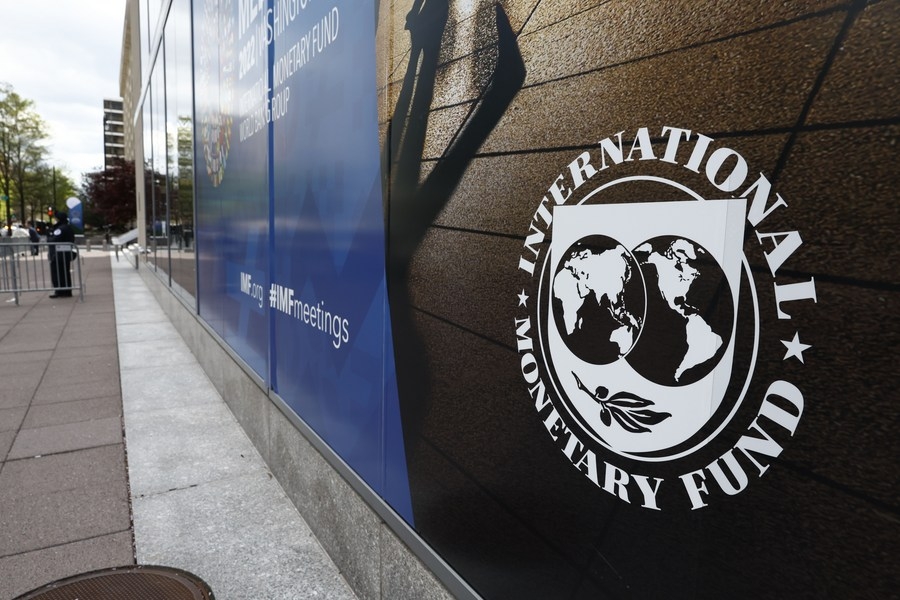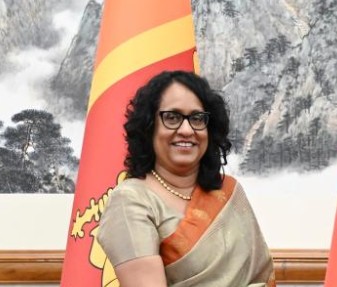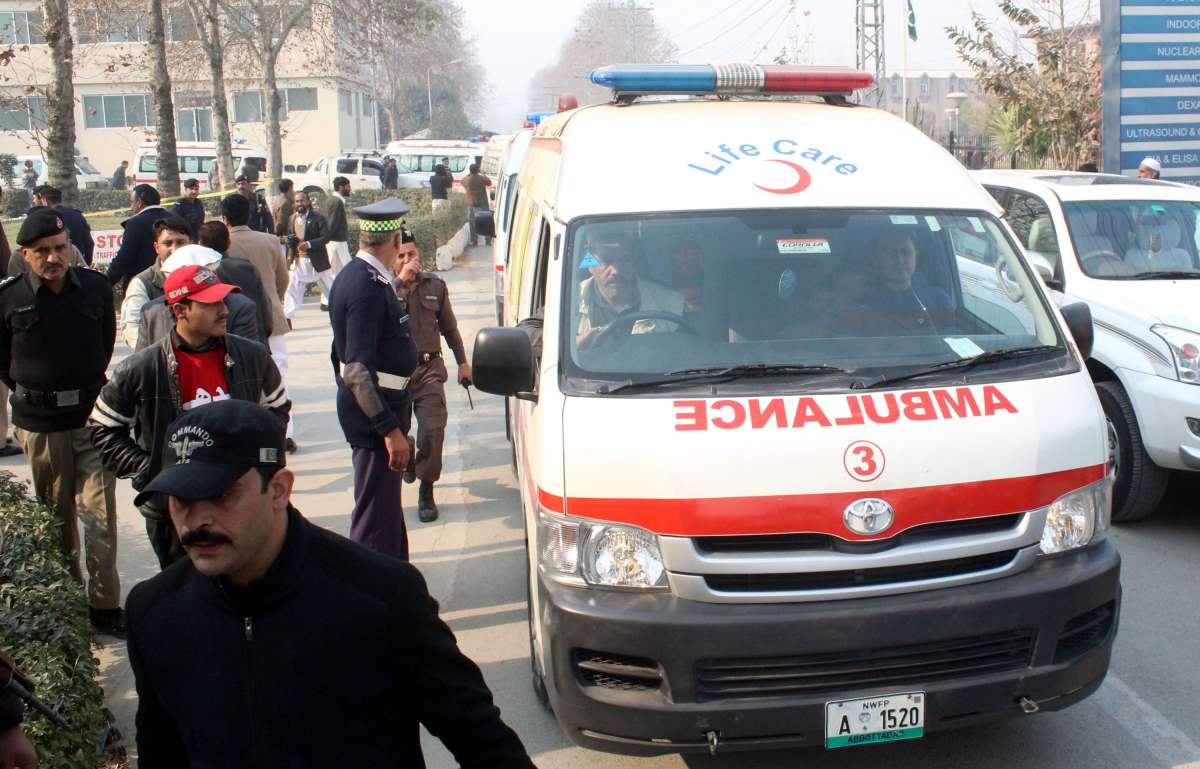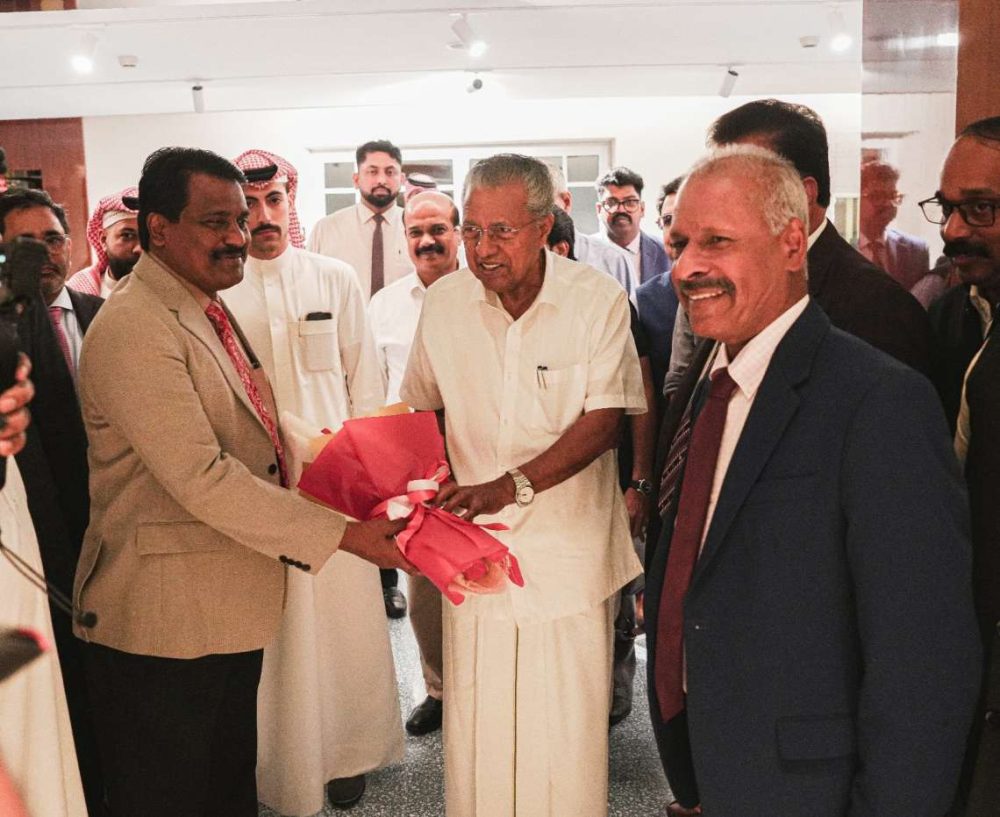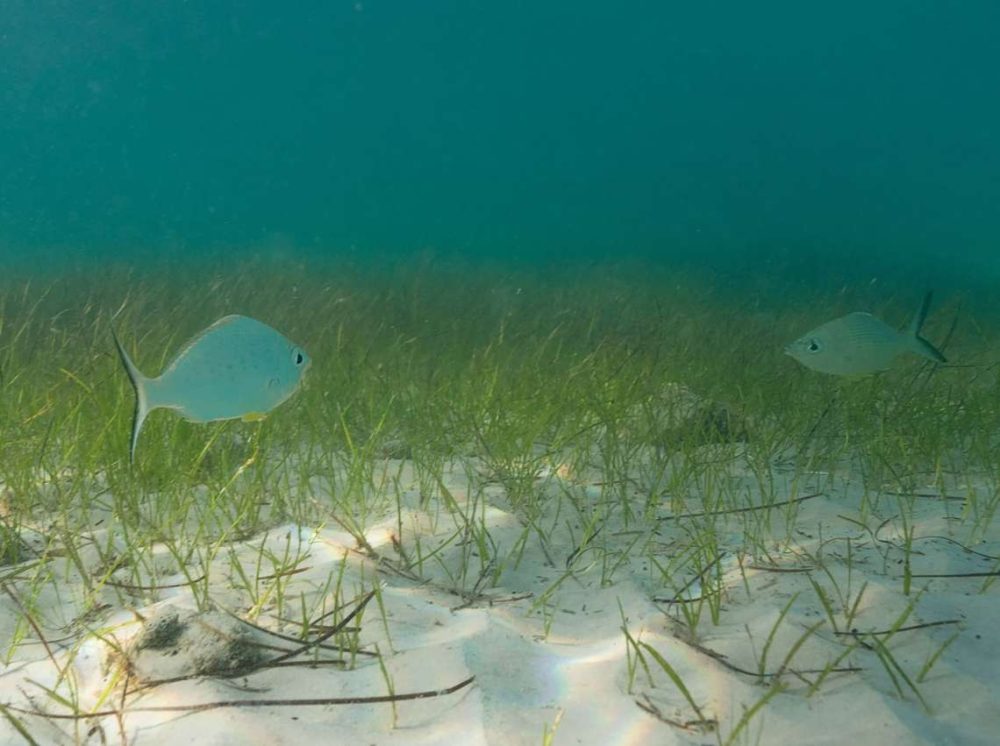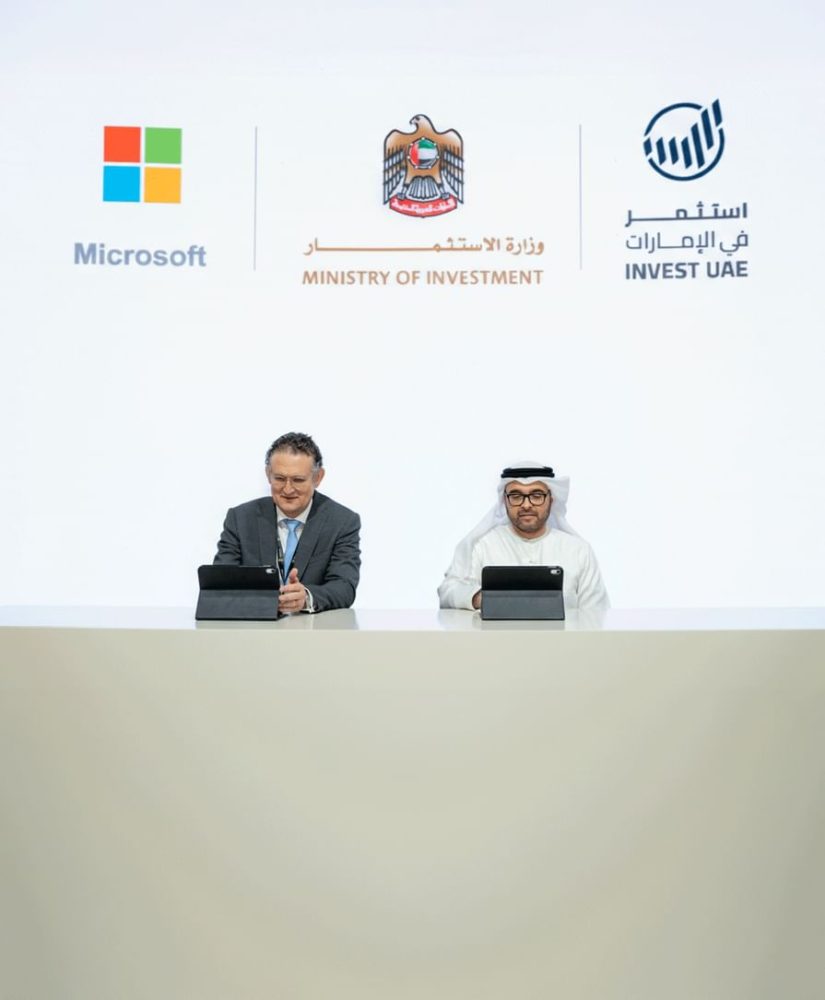The development was confirmed to the media by State Minister of Finance Shehan Semasinghe late Monday night…reports Asian Lite News
As Sri Lanka is still undergoing its worst ever economic crisis since independence in 1948, the island nation has finally secured a $2.9 billion bailout from the International Monetary Fund (IMF), which comes as a lifeline for the country that has billions of dollars in loans.
The development was confirmed to the media by State Minister of Finance Shehan Semasinghe late Monday night, the Daily Mirror reported.
Without providing any further details, Semasinghe said that President Ranil Wickremesinghe will make a special announcement on Tuesday.
In response to the deal, the President’s Media Division said that Wickremesinghe expressed his gratitude for the support of the IMF and other international partners.
“The IMF Executive Board approved Sri Lanka’s programme under the Extended Fund Facility (EFF) that will enable Sri Lanka to access up to $7 billion in funding. The President had committed to full transparency in all discussions with financial institutions and creditors, and to achieve sustainable levels of debt through prudent fiscal management and an ambitious reform agenda.
“The IMF programme is critical to achieving this vision and will help to improve Sri Lanka’s standing in international capital markets, making it an attractive country for investors, talent, and tourists,” it said.
Earlier this month, the IMF had said Sri Lanka had secured financing assurances from all its major creditors, including China and India, which paved the way for the bailout, reports the BBC.
The crisis-hit island nation had initially hoped to agree a new payment plan with China and India by the end of 2022.
Presently, Beijing’s lending to Sri Lanka stands at around $7 billion, while India is owed around $1 billion.
Speaking to the BBC on Monday, Foreign minister Ali Sabry said the government will raise funds by restructuring state-owned enterprises and privatising the national airline.
“We have lived beyond our means. Whether we like it or not, these difficult measures which may be very unpopular need to be taken.
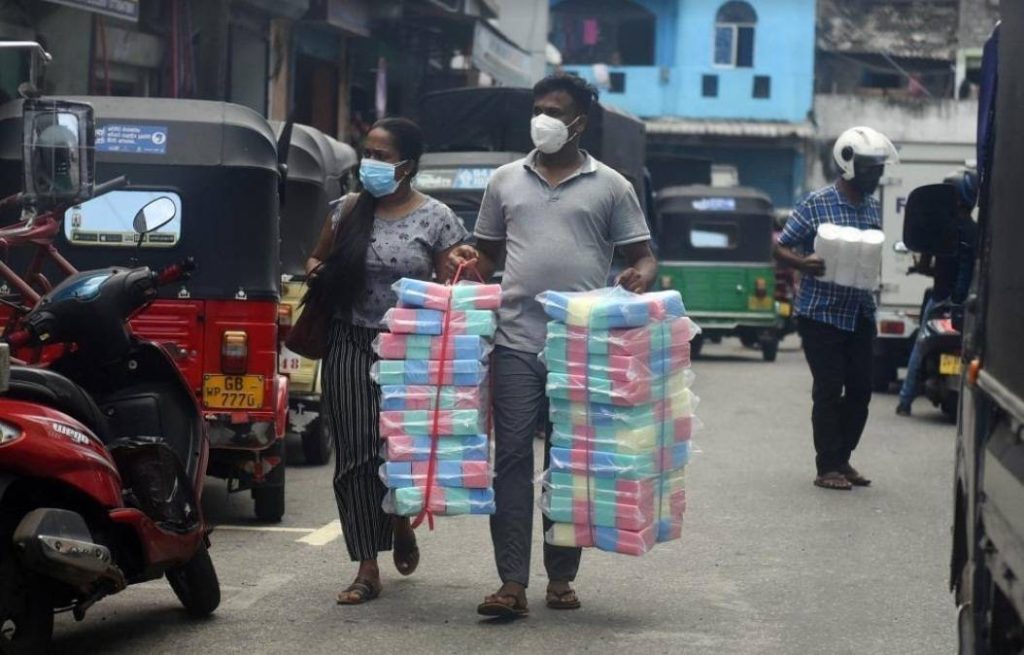
“Luckily, most (people) other than politically-motivated unions have understood that. I know they are not happy, but they also understand we have no choice,” Sabry told the BBC.
The Covid-19 pandemic, rising energy prices, populist tax cuts and inflation of more than 50 per cent has battered Sri Lanka.
A shortage of medicines, fuel and other essentials also pushed the cost of living to record highs, triggering violent nationwide protests which overthrew the Gotabaya Rajapaksa government in 2022.
As a result the country defaulted on its debts with international lenders last May for the first time in its history.


